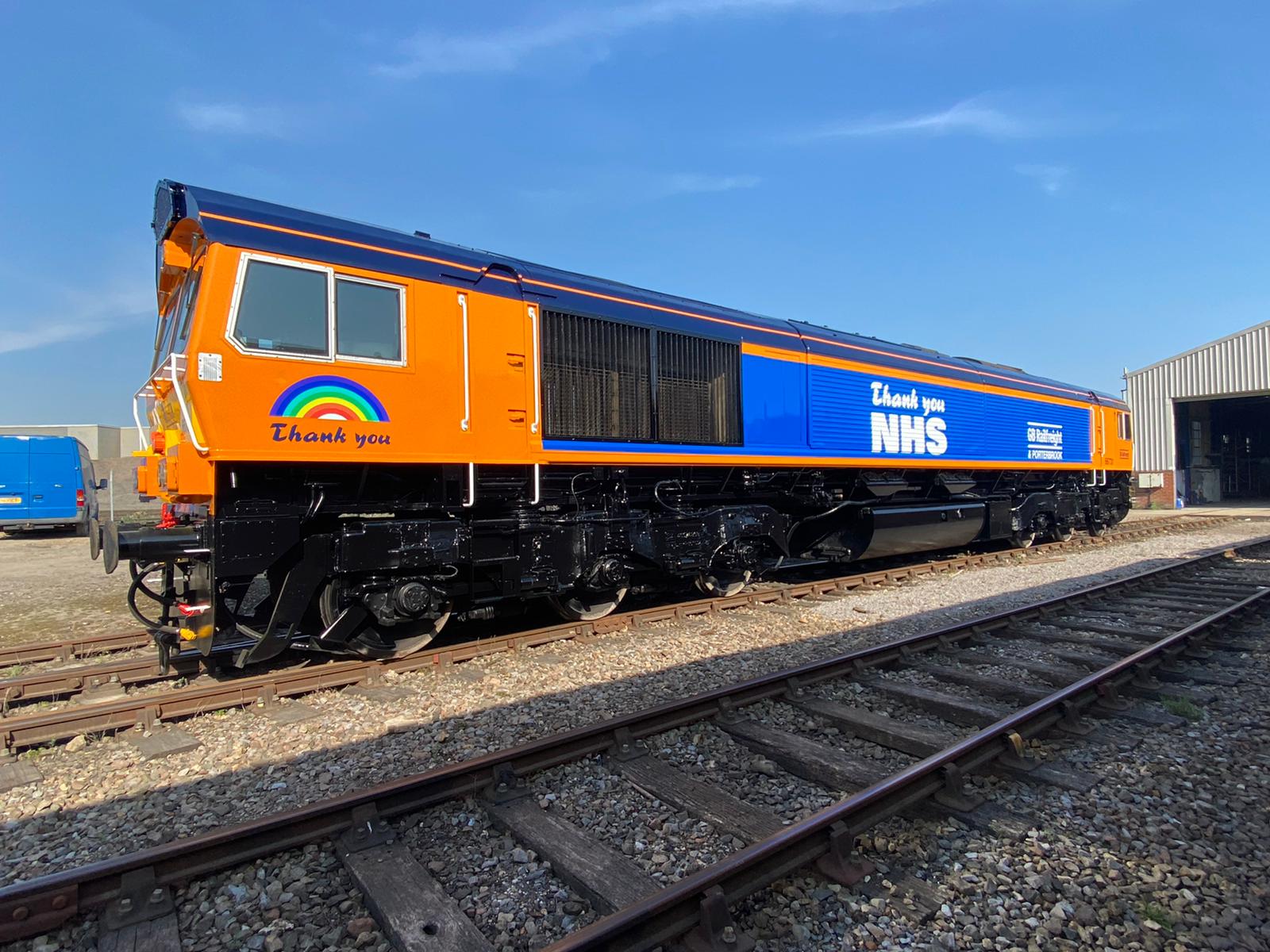GB Railfreight trials express delivery trains for vital NHS supplies
Written by sam.batey@gbrailfreight.com
sam.batey@gbrailfreight.com
GB Railfreight, one of the UK’s largest rail freight operators, has successfully trialled using former commuter trains for the express delivery of parcels. A service was run into Euston station earlier this month using a 100mph, Class 319, EMU train, which until recently was providing commuter services in the West Midlands.
The trial showed the trains could successfully be loaded and offloaded with standard roll cages at most mainline stations across the UK and when seats are removed the carriages can carry significant volumes of parcels.
This is the first time that successful trial of using a converted commuter train has been undertaken in the UK and GB Railfreight is in discussion with Government about how the service could play a role in helping with the logistical challenge of delivering supplies to UK hospitals.
The railway network used to be extensively used for parcel deliveries between stations, but apart from specially designed trains used by the Royal Mail between dedicated terminals, parcel delivery by train disappeared decades ago.
As well as strengthening supply chains during the current crisis, a return of parcel delivery services to mainline stations would provide online retailers with a more sustainable and reliable options for overnight parcel deliveries, bringing deliveries into the heart of major cities.
John Smith, Managing Director of GB Railfreight said:
“We are committed to continuing to help the UK get through this period by ensuring that vital supplies are delivered. Rail freight has the advantage in being able to efficiently move very large volumes of goods in a safe and reliable way. “This successful trial shows how the railways can play their role in helping the speedy delivery of vital supplies and we are keen to be able to do our bit to help the NHS meet the logistical challenge of keeping our hospitals supplied during this period of huge demand. “Post-crisis these services could play a role in reducing air pollution and carbon emissions associated with parcel deliveries. With deliveries being brought into the heart of cities by train overnight and last mile deliveries then undertaken by electric powered vehicles.”


 Introduction
Introduction







